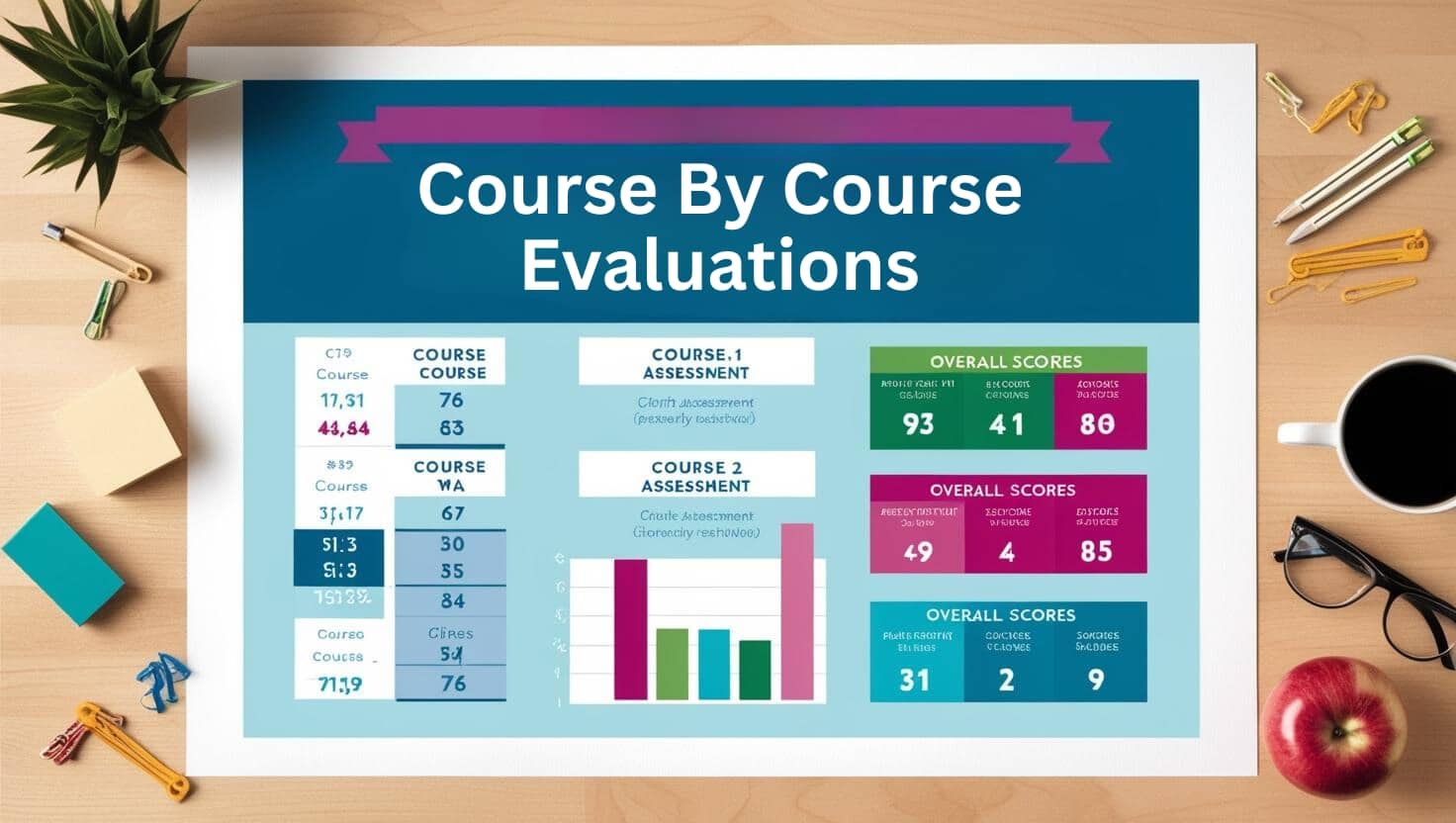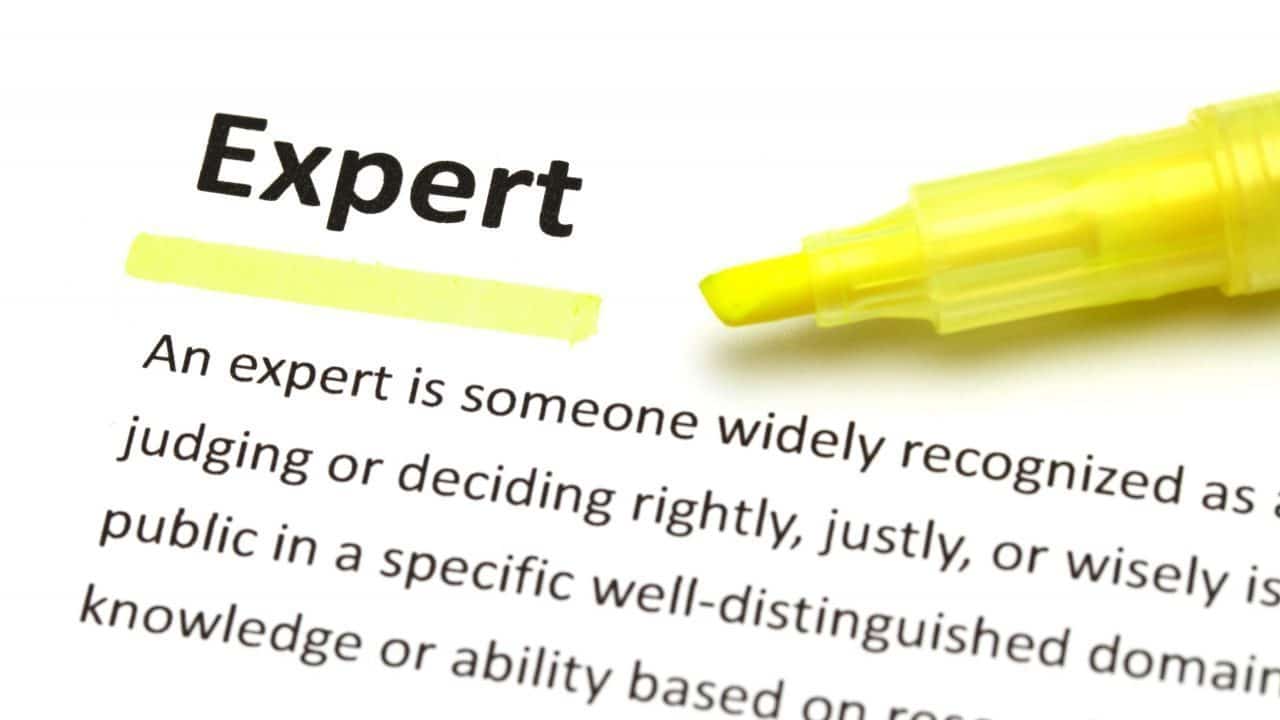Introduction
In a progressively globalized world, the need to evaluate work experience properly has actually never ever been more important. Individuals aiming to advance their professions or relocate frequently find themselves browsing a labyrinth of academic and professional qualifications from numerous countries. For employers and educational institutions alike, comprehending these qualifications is critical in guaranteeing that they select the best prospects.
This short article dives deep into Unlocking Potential: Comprehensive Work Experience Assessment Techniques, checking out various methods, consisting of academic credential evaluation, international credential evaluation services, course-by-course credential evaluation, and the importance of the expert opinion letter in making notified choices about possible employees or students.
Unlocking Possible: Comprehensive Work Experience Assessment Techniques
Evaluating work experience acts as a bridge in between specific prospective and opportunity. Yet, how do we open this prospective efficiently? The answer lies in a multi-faceted technique that includes different examination methods customized to individual needs and contexts.
Understanding Work Experience Evaluation
Work experience evaluation examines a person's professional background, skills, and competencies relative to task requirements or educational requirements. This procedure can considerably vary based upon region, industry, and particular roles.
The Significance of Precise Evaluation
Why is precise work experience evaluation important? Misjudgments can cause poor hiring decisions, mismatched academic placements, or unfulfilled career aspirations. It's necessary for companies and institutions to guarantee they make use of exact techniques when examining qualifications.
Key Parts in Evaluating Work Experience
Professional Background Check

Skills Assessment
Comprehending the skills gotten throughout previous functions helps evaluate suitability for future positions.
Industry Relevance
Evaluating whether previous experiences line up with present market standards is necessary for a meaningful assessment.
Academic Credential Evaluation
This involves examining any official education got along with expert experience.
Types of Credential Evaluations
International Credential Assessment Services
When candidates possess credentials from foreign organizations, international credential evaluation services enter into play.
What Are International Credential Evaluation Services?
These services evaluate foreign educational credentials against regional standards. They supply insights into how degrees equate within the domestic education system or labor market.
Why Usage These Services?
- To comprehend equivalency in terms of education level To help with smoother immigration processes To boost employability by confirming foreign qualifications
Course-by-Course Credential Evaluation
What Is Course-by-Course Credential Evaluation?
This type evaluates each course taken throughout a prospect's education journey instead of just supplying a general degree equivalency.
Benefits
- Detailed insights into specific courses undertaken Enables organizations to make educated decisions concerning credit transfers Supports candidates seeking more education by highlighting strengths and weak points
Crafting Reliable Specialist Viewpoint Letters
A specialist opinion letter serves as a crucial file in numerous assessment processes.
What Is a Professional Opinion Letter?
This letter is composed by professionals who have expertise in assessing instructional credentials or work experience relative to market standards.
Why Are They Important?
Expert opinion letters serve multiple functions:

- Provide reliable assessments Validate claims made by prospects about their experiences Enhance reliability during application procedures
Steps for Conducting a Thorough Work Experience Evaluation
Gather Documentation
Gather all appropriate files consisting of CVs, reference letters, and performance reviews.
Conduct Interviews
Direct discussions provide much deeper insights into candidates' experiences and soft skills.
Use Standardized Tools
Utilize frameworks or tools designed for examining skills and experiences systematically.
Comparison Versus Standards
Align findings with industry standards to establish significance and value.
Compile Findings into Reports
Present results clearly for stakeholders' evaluation-- openness is key!
Challenges in Work Experience Evaluation
Recognizing Pitfalls
Despite best efforts, challenges abound in assessing work experience properly:
Cultural Distinctions Variability in Task Titles Lack of Standardization Throughout AreasHow to Overcome These Challenges?
- Train critics on cultural competency. Utilize databases that clarify task title equivalencies across industries.
FAQs
1. What does scholastic credential assessment entail?
Academic credential examination generally includes assessing degrees acquired from various organizations worldwide to identify their equivalency in another nation's education system.
2. Why are international credential evaluation services necessary?
They aid verify foreign qualifications so that people can acquire employment or admission into educational programs without confusion over their qualifications' legitimacy.
3. What identifies course-by-course credential assessment from regular evaluations?
Course-by-course assessments analyze each individual course taken during one's education instead of merely assessing the degree as a whole.

4. How does a skilled opinion letter support my application?
An expert viewpoint letter supplies authoritative support for your claims concerning your certifications or experiences and can substantially reinforce your application's strength.
5. What are common obstacles dealt with throughout work experience evaluations?
Common obstacles include cultural differences affecting analyses of roles/skills, variability in job titles throughout regions, and absence of standardization resulting in confusion over equivalencies.
6. How can I get ready for a work experience evaluation?
Gather extensive documents like your CV/resume, references from previous employers, performance reviews if readily available, and be all set to discuss your experiences candidly during interviews.
Conclusion
As we've explored throughout this post on " Unlocking Possible: Comprehensive Work Experience Examination Techniques," it's clear that reliable examinations depend upon nuanced understanding and careful execution of a number of approaches-- ranging from scholastic credential assessments to professional opinion letters that provide credence to personal narratives.
Employers https://devinvtrl165.almoheet-travel.com/international-credential-assessment-services-facilitating-educational-journeys-abroad must embrace these detailed techniques not simply as governmental necessities however as opportunities to empower people through reasonable evaluations-- eventually unlocking the vast capacities concealed within varied backgrounds worldwide! By investing time in refining these strategies today, organizations can develop stronger teams tomorrow while individuals can navigate their profession courses with clearness and confidence.